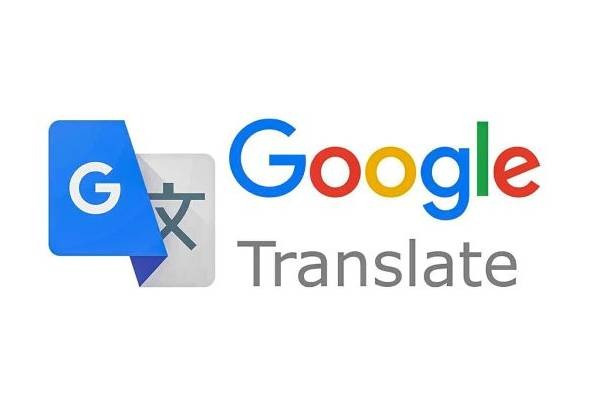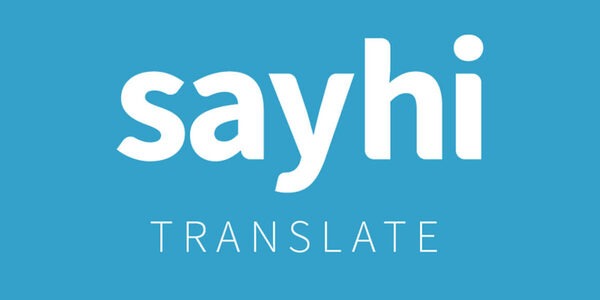In today’s globalized world, effective cross-language communication is essential for travelers, business professionals, and language learners. A reliable translation app can bridge language gaps and enhance interactions. In this article, we will explore the top 5 best translation apps that stand out for their accuracy, features, and user-friendliness in 2024.
1. Google Translate – The Most Versatile Translation App

Google Translate remains the most widely used translation app, offering support for over 100 languages and multiple translation methods.
Key Features:
- Supports 100+ languages
- Text, voice, and image translation
- Real-time conversation translation
- Offline mode for on-the-go translation
Pros:
✔ Extensive language support
✔ User-friendly interface
✔ Free offline translation
Cons:
✖ Not always accurate for complex phrases
✖ Some features require an internet connection
2. Microsoft Translator – Best for Business and Professionals

Microsoft Translator is highly integrated with Microsoft products, making it an excellent choice for professionals.
Key Features:
- Supports 70+ languages
- Text, voice, and image translation
- Real-time conversation mode
- Seamless integration with Microsoft Office
Pros:
✔ Ideal for business and professional use
✔ Accurate real-time translations
✔ Works across multiple Microsoft platforms
Cons:
✖ Fewer languages supported than Google Translate
✖ Interface may not be as intuitive for new users
3. iTranslate – User-Friendly and Feature-Rich
iTranslate is one of the best translation apps for ease of use and advanced features like website translation.
Key Features:
- Supports 100+ languages
- Text and voice translation
- Website translation
- Offline mode available
Pros:
✔ Simple, intuitive design
✔ Translates entire websites
✔ Offline translation support
Cons:
✖ Some advanced features require a paid subscription
✖ Accuracy varies for complex translations
4. SayHi – Best for Real-Time Conversations

SayHi is designed for instant voice translation, making it perfect for travelers and business meetings.
Advestisment
Key Features:
- Supports 90+ languages
- Real-time conversation translation
- Text and voice translation
- Customizable settings
Pros:
✔ Excellent for face-to-face conversations
✔ Clear and fast speech recognition
✔ Free to use with no ads
Cons:
✖ Lacks advanced features like website translation
✖ Requires an internet connection for real-time conversations
5. Papago – Best for Asian Language Translations
Papago, developed by Naver, specializes in Asian languages, making it ideal for users translating between Korean, Japanese, and Chinese.
Key Features:
- Supports 13 languages (focused on Asian languages)
- Text, voice, and image translation
- Real-time conversation mode
- Offline translation available
Pros:
✔ Highly accurate for Asian languages
✔ Includes offline mode
✔ User-friendly interface
Cons:
✖ Limited support for non-Asian languages
✖ Fewer features compared to Google Translate
How to Choose the Best Translation App for Your Needs
When selecting a translation app, consider the following factors:
1. Language Support:
If you need translation in multiple languages, Google Translate or iTranslate are excellent choices. For Asian languages, Papago is the best option.
2. Features & Usability:
- Need real-time conversations? → Choose SayHi or Google Translate.
- Require business integration? → Microsoft Translator is ideal.
- Looking for website translation? → iTranslate works best.
3. Offline Capability:
If you often travel without internet access, choose an app with a strong offline mode, like Google Translate, iTranslate, or Papago.
Future Trends in Translation Apps
The translation technology industry is rapidly evolving, with future trends including:
- AI-Powered Translations: Advanced artificial intelligence will improve translation accuracy and context recognition.
- Augmented Reality (AR) & Virtual Reality (VR) Integration: Apps may soon provide real-time AR translations.
- Enhanced Voice Recognition: Speech translation will become more natural and seamless for real-world interactions.
Conclusion
Choosing the best translation app depends on your specific language needs, features, and usability preferences. Google Translate, Microsoft Translator, iTranslate, SayHi, and Papago each offer unique benefits. By evaluating language support, real-time translation capabilities, and offline features, you can find the perfect app to enhance your global communication in 2024.
